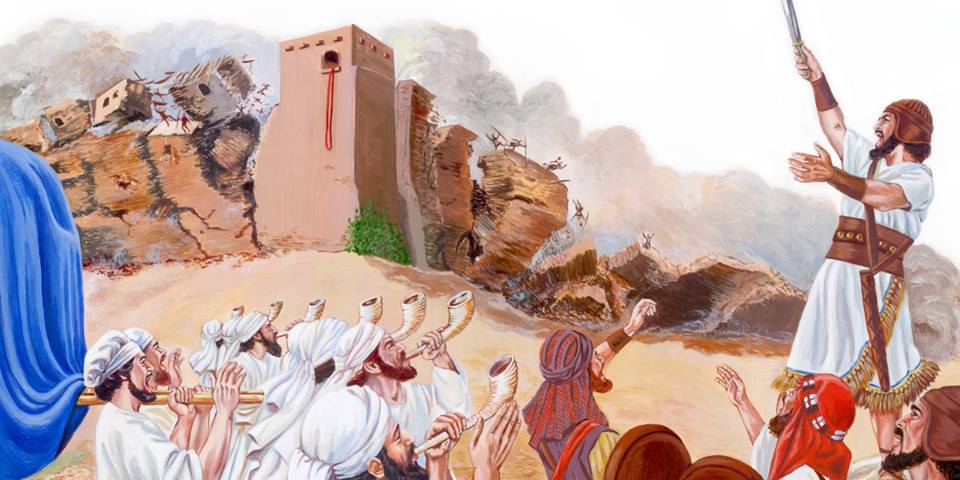The biblical narrative introduces Joshua as a figure of significant importance, not only for his leadership role in the Israelite conquest of Canaan but also for the remarkable journey that shaped his character and destiny. Joshua's early years, marked by slavery, liberation, and mentorship, lay the foundation for his later role as a military leader and a key figure in Israelite history.
I. Birth and Early Years in Egypt
Joshua's story begins in the context of Egyptian oppression. Born in Egypt during a time when the Israelites were subjected to harsh slavery under Pharaoh, Joshua experiences the challenges of life as a marginalized and oppressed individual. The precise details of his early years are not explicitly outlined in the biblical text, but the overarching theme of slavery and suffering is a common backdrop shared with his fellow Israelites.
II. Liberation through the Exodus
Joshua's destiny takes a pivotal turn with the Exodus, a defining event in Israelite history. As Moses leads the people out of bondage, Joshua becomes a witness to the miraculous acts of God, including the parting of the Red Sea and the provision of manna in the wilderness. These experiences shape Joshua's faith and identity, marking him as a participant in the divine deliverance of his people.
III. Joshua's Role as Moses' Assistant
A crucial period in Joshua's life unfolds as he assumes the role of Moses' assistant. This mentorship becomes instrumental in Joshua's preparation for leadership. As Moses' aide, he witnesses the giving of the law on Mount Sinai and gains insights into the governance and guidance required to lead a nation. Joshua's proximity to Moses serves as an apprenticeship that equips him for the challenges ahead.
IV. The Spying Mission and a Glimpse of Canaan
Joshua's leadership potential becomes evident during the spying mission into Canaan. Alongside Caleb, he brings back a positive report, expressing confidence in God's ability to give them victory over the inhabitants of the land. This act of courage and faith distinguishes Joshua as a leader with vision and conviction, laying the groundwork for his future role as the conqueror of Canaan.
V. Commissioning as Moses' Successor
Moses' impending passing marks a significant moment in Joshua's journey. Recognizing Joshua's leadership qualities and the divine calling upon him, Moses commissions Joshua as his successor. The laying on of hands signifies the transfer of leadership, and Joshua emerges as the appointed leader tasked with the responsibility of leading the Israelites into the Promised Land.
VI. The Conquest of Canaan
Joshua's leadership reaches its zenith during the conquest of Canaan. Guided by divine instructions, he leads the Israelite tribes in the military campaign to take possession of the land. The walls of Jericho fall miraculously, and subsequent battles unfold under Joshua's strategic leadership. The successful conquest of Canaan solidifies Joshua's legacy as a military leader and the one who fulfilled God's promise to Abraham.
VII. Legacy and Lessons
Joshua's journey from slavery to leadership imparts valuable lessons. His life underscores the transformative power of faith, resilience, and mentorship. From the hardships of slavery to the triumph of leading the Israelites into Canaan, Joshua's story inspires individuals to trust in God's guidance, persevere through challenges, and embrace leadership roles with courage.
VIII. A Journey of Significance
The early years of Joshua encapsulate a journey of profound significance. From the depths of Egyptian bondage to the heights of leading a nation into its promised inheritance, Joshua's life becomes a testament to the faithfulness of God and the transformative power of purpose. His story resonates as a timeless narrative of leadership, courage, and the fulfillment of divine promises.




